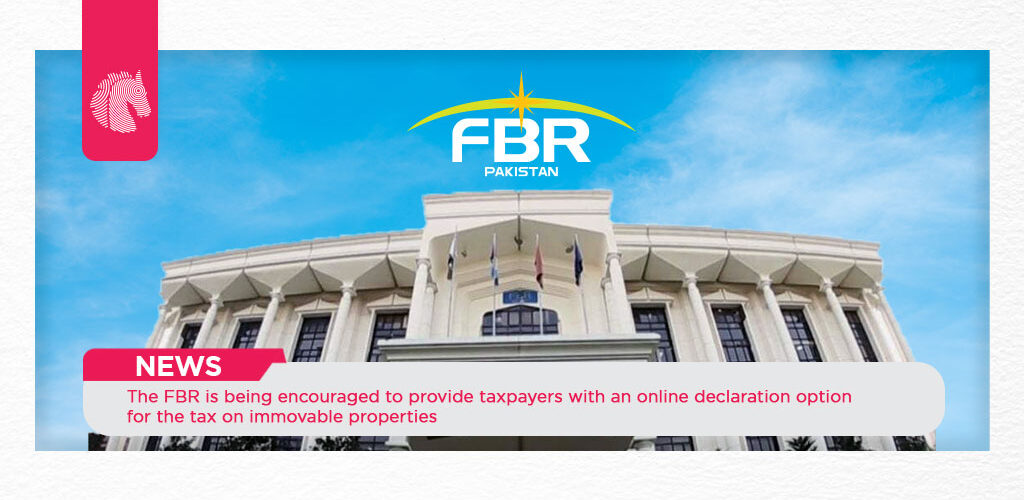The FBR is being encouraged to provide taxpayers with an online declaration option for the tax on immovable properties

Ashfaq Tola, Chairman of the Reforms and Resource Mobilization Commission of Pakistan (RRMC), suggests that the Federal Board of Revenue (FBR) should introduce an option in the online declaration form (IRIS system) for taxpayers to address the issues related to tax on immovable properties under section 7E of the Income Tax Ordinance, 2001 (ITO).
Section 7E of the ITO was introduced through the Finance Act 2022, imposing a 20% tax on the amount equal to 5% of the fair market value of immovable properties held by resident persons with a fair market value exceeding Rs 25 million. This imposition applied retrospectively from the tax year 2022 and onwards. However, this section faced opposition from many taxpayers, leading to multiple cases filed in provincial High Courts. The Supreme Court of Pakistan granted leave to appeal to the taxpayers against the Sindh High Court’s Order and issued a stay order in favor of the appellants, subject to depositing 50% of the tax demand.
Subsequently, the Finance Act 2023 (Act 23) introduced an amendment, sub-section (2A) in Section 236C, making it mandatory to provide evidence of duly paid deemed income tax liability on immovable properties before selling or transferring them. However, the Act did not specify the rules and modes for payment, which were later clarified by the FBR through Circular No. 01 of 2023-24 issued on July 21, 2023.
Ashfaq Tola proposes that taxpayers who have declared property under section 7E on IRIS should be allowed to upload a certified copy of the stay order for the applicable tax year in the online declaration. This would create a digital database with the FBR, helping to identify taxpayers with a stay order in their favor. Additionally, he suggests switching to an online process for obtaining certificates to create a digital trail of documents. This approach would help integrate properties exempted under section 7E and the impact of the stay order into the tax particulars online, which could be shared with the relevant person responsible for registering immovable property, facilitating compliance with section 236C (2A) in a more efficient manner.















